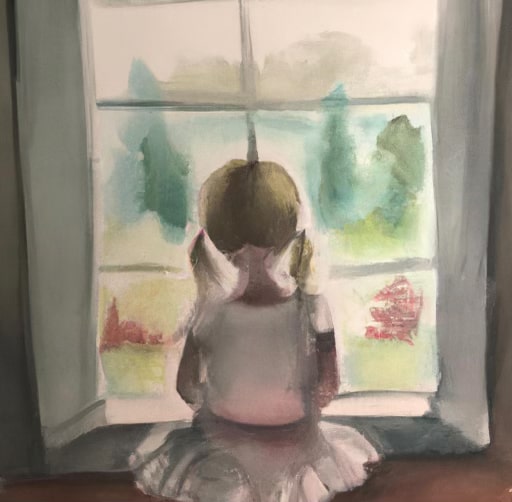Imagine a warm, sunny day where the air is sweet with the scent of blooming flowers, and all around you, there’s a harmony of laughter and playful shouts. Kids are hiding behind trees playing hide and seek, parents are setting up a cozy picnic under the shade, and a group of friends are engaging in a friendly cricket match on a lush green field. Just a bit away, a little girl is chasing butterflies, her laughter tinkling like a merry bell; there are couples riding bicycles, exploring trails where nature generously unfolds its beauty. It’s a picture of ease, contentment, and simple joys found under the open sky.
Yet, this isn’t a scene easily stumbled upon in our daily lives anymore. This vibrant image has gradually faded into the tapestry of ‘the good old days,’ a narrative retold by parents worldwide. “In our time, we used to play outside for hours,” a familiar phrase spoken with a touch of sadness and longing for a time when children could freely frolic outdoors without the looming threats that characterise today’s environment.
The earth has shifted beneath our feet, and with it, the psychological well-being of its inhabitants has tilted too. ‘Eco-anxiety,’ a term describing the chronic fear of environmental catastrophes, has silently woven itself into our mental and emotional fabric, particularly among the youth. They stand on a precipice, inheriting a world where the clear, joyous days of unfiltered outdoor adventures are overshadowed by thick smog, scorching heat waves, and landscapes scarred by rampant urbanization.
Nature, once a sprawling playground, has morphed into confined, sanitized, virtual spaces for many youngsters today. Tethered to screens, their experiences of frolicking in the meadows, exploring the woods, and being enveloped by the fresh air have been substituted with digital interactions, forever altering the development of their ‘naturalistic intelligence’ – a fundamental understanding and connection with the natural world and its cycles.
Mental health experts often tell us that nature is like a sanctuary for our minds and can help us find peace and help us rejuvenate. But now, when we think about nature, it brings up a mix of feelings – not just peace but also sadness and fear because of its environmental problems. It’s like we’re feeling calm and worried at the same time. Several questions run through our minds:- “What if I get sunburned? What if the air I am inhaling causes lung problems? Etc. Breathing in the air during a walk intended to clear up our mind is paradoxically intertwined with a breath of anxiety, inhaling the visible and invisible particles of our changing climate.
As admirable and awe-inspiring as our concrete jungles may be, they’ve also stolen away the accessibility of unadulterated nature from our daily lives. A simple walk amid lush greenery, once a commonplace activity, has become a luxury reserved for those who can afford to escape the bustling cities. We are surrounded by architectural marvels, yet the oxygen, that invisible lifeline, is quietly depleting, subtly affecting our cognitive abilities and mental health.
As someone who believes that mindfulness can truly become easier to practice if we connect with nature, I observe this complex interplay between our changing environment and our mental state with a heart that weighs heavy yet beats with persistent hope. The mental image of those joyous days under the sun remains etched not only as a memory of what once was but as a beacon of what could be.
As we navigate through this era where days without anxiety feel like a rare gift, where our ancestor’s ordinary is our aspiration, it’s crucial to untangle and adapt to the emotional ebbs and flows generated by our changing environmental landscapes. Through understanding and collective endeavours, let’s envision a future where scenes of children joyously playing beneath an infinite azure sky are not mere relics of yesteryears but a continual reality.
In this quest, let’s incorporate ‘eco-mindfulness’: practicing mindful consumption, being aware of our ecological footprints, and integrating green activities into our daily lives for mental serenity and a sustainable environment. Imagine forming ‘Green Mental Health’ community groups, fostering connections while participating in nature conservation activities, grounding our emotions, and replenishing our environment simultaneously. Let’s also instil ‘Digital Environmental Education,’ integrating technology with ecological awareness to inform, connect, and inspire communities toward collective mental and environmental well-being.
By weaving together our mental health and environmental actions, let’s carve out a path that ensures the emotional and ecological flourishing of future generations, enabling them to traverse a world where they can breathe, play, and thrive amidst the lush embrace of a healed planet.

